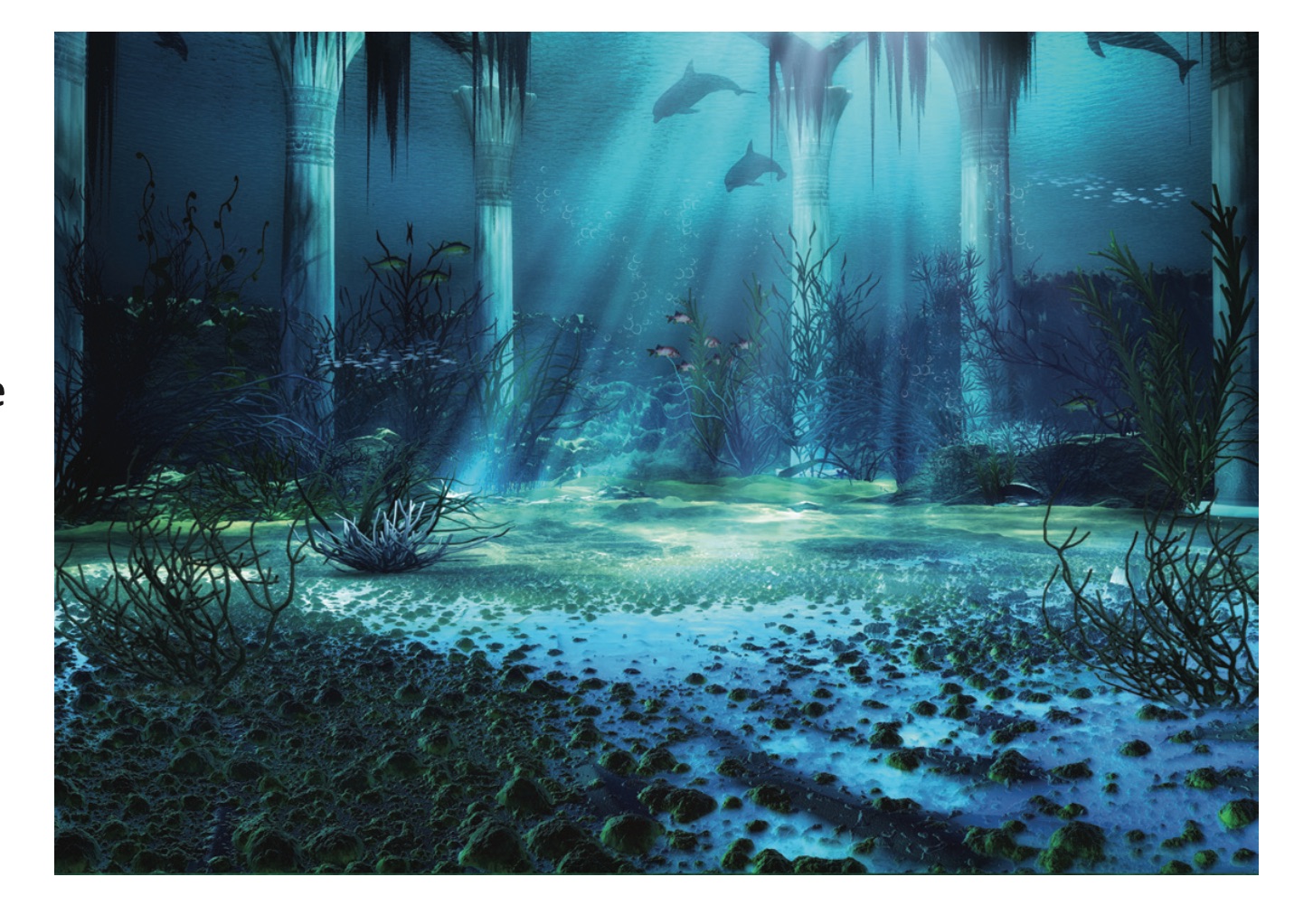ATLANTIS
One of Plato’s most famous stories—the destruction of the ancient civilisation of Atlantis—is almost certainly false. So why is this story still repeated more than 2,300 years after Plato’s death?
“It’s a story that captures the imagination,” says James Romm, a professor of classics at Bard College in New York. “It’s a great myth. It has a lot of elements that people love to fantasize about.”
Plato told the story of Atlantis around 360 B.C. The founders of Atlantis, he said, were half god and half human. They created a civilisation and became a great naval power. Their home was made up of islands. There was a great capital city on the central island. The islands contained gold, silver, and other precious metals and supported an abundance of rare, exotic wildlife.
There are many theories about where Atlantis was —in the Mediterranean, off the coast of Spain, even under what is now Antarctica. “Pick a spot on the map, and someone has said that Atlantis was there,” says Charles Orser, curator of history at the New York State Museum. “Every place you can imagine.”
The legend of Atlantis is a story about a moral, spiritual people who lived in a highly advanced civilisation. But they became greedy and immoral. So the gods “became angry because the people had lost their way” Orser says.
As punishment, he says, the gods sent “one terrible night of fire and earthquakes” that caused Atlantis to sink into the sea.

